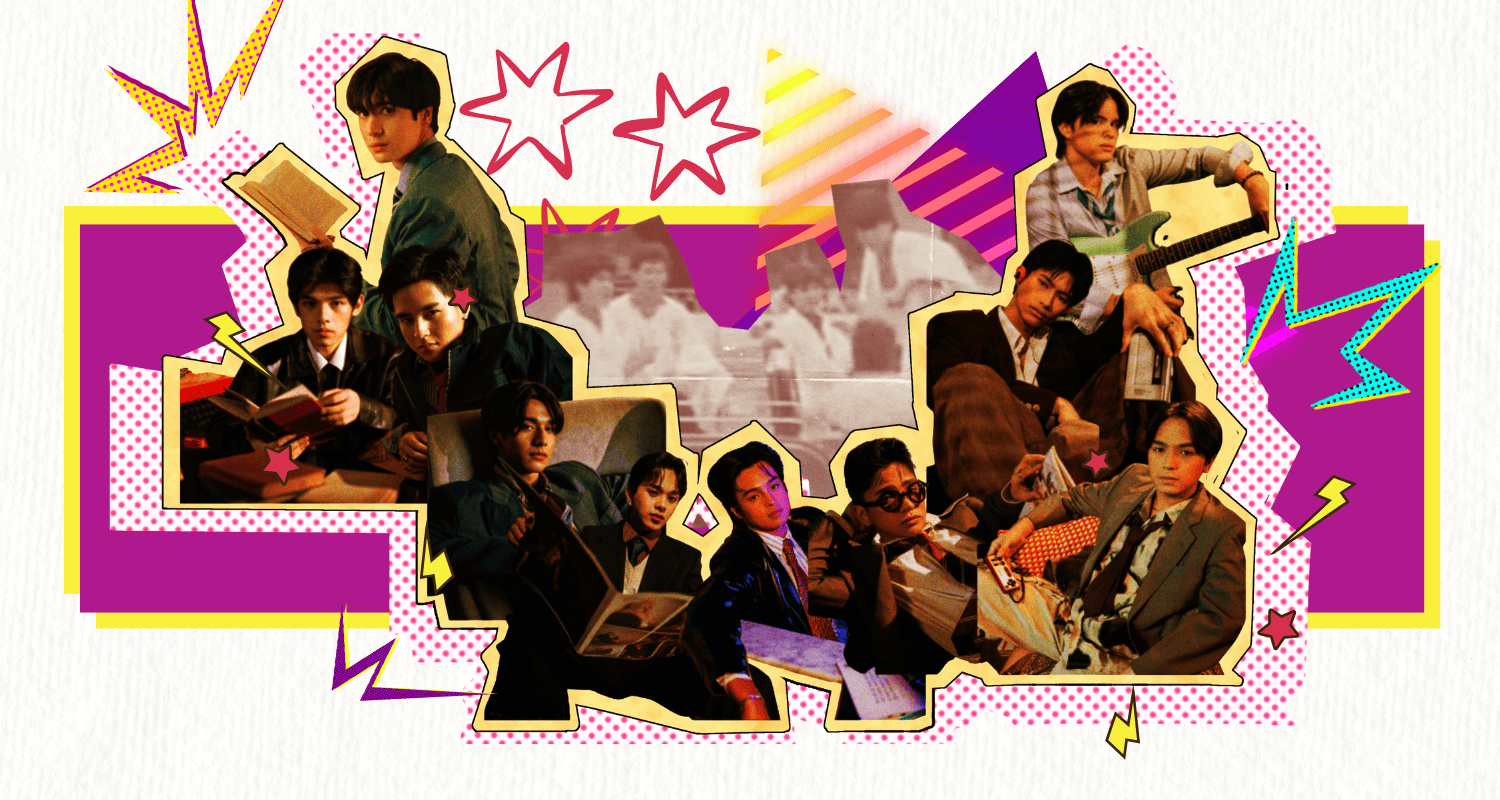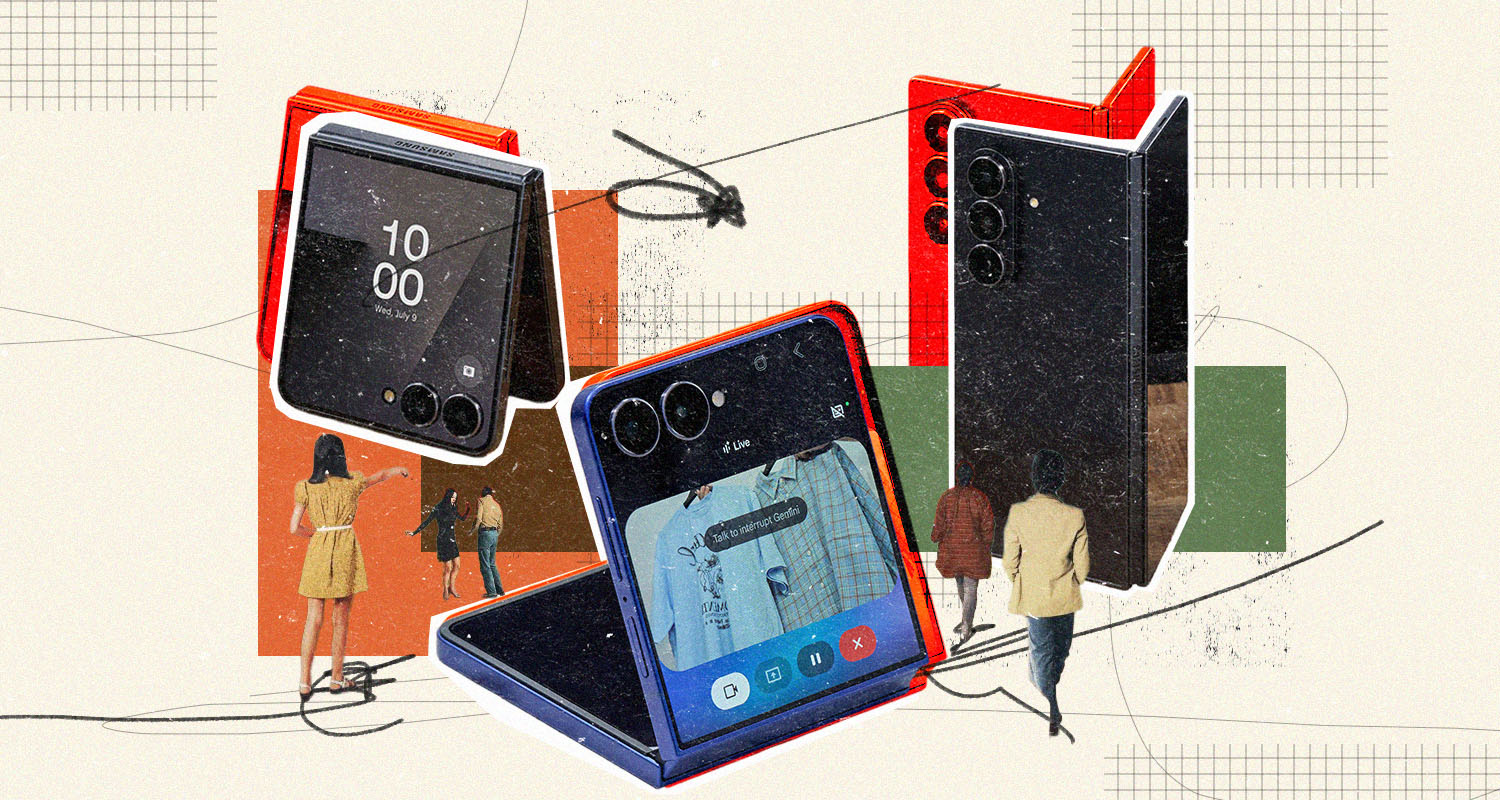In the Philippines, the word “resilience” has become a badge of honor worn by the weary. The country wades through another storm, and once again, we are told to be proud of how resilient we are. But resilience, no matter how poetic it sounds, is not always a badge of honor, it’s often a receipt of what the system failed to provide. Because when a mother uses a plastic drum to float her children across a flooded street, it’s not bravery, it’s the absence of choice. When families stack their belongings on rooftops and hold each other under tarpaulins, it’s not strength, it’s survival in a structure that repeatedly sets them up to drown.
They call it resilience, but how heroic is it really to survive a flood you were never meant to drown in? Every typhoon strips us bare and exposes how unprepared, how abandoned, and how forgotten we truly are. The streets become rivers, homes turn into lifeboats, and the same headlines play on loop like a cruel joke we’ve grown too familiar with. Still, they applaud. Still, they romanticize. They turn our suffering into soft-focus stories and our survival into spine-straight propaganda. But strength is not something we owe to the system that broke us. We are fed a diet of feel-good headlines and heartwarming soundbites that package pain as inspiration. But let us not confuse injustice for character-building. Every flooded home is a ringing indication of their incompetence. Why are we always asked to rise, when the system refuses to lift us?
— Tarantadong Kalbo (@KevinKalbo) August 28, 2025
It’s not a miracle we made it, it’s a disgrace that we had to. We have long glorified the act of enduring, forgetting that enduring shouldn’t have been necessary in the first place. And while donations pour in, documentaries get made, and while “Bayanihan” becomes another buzzword for the week, no one talks about the system that should’ve prevented the disaster before it needed a response. Disaster shouldn’t begin with donations and end with documentaries. We deserve better than pity. We deserve preparedness. We deserve policies rooted in protection and not just reaction.
What’s even more disturbing is the tone-deaf privilege that parades itself online like a badge of luck. They’re flexes disguised as observations. And they serve as cruel reminders that for many, safety is not a right, it’s a luxury. To romanticize a storm while others are stranded isn’t just insensitive, but it’s inhumane. If your storm experience ends with a cozy blanket and a streaming app, then you’re not resilient, you’re insulated.
Nobody’s asking people to suffer in silence or halt their routines just because a storm hit the rest of the country. But when safety becomes a performance and privilege is turned into content, it says more than silence ever could. If you are lucky enough to resume Netflix while others are begging for rescue, the least you can do is resist the urge to turn your safety into an insensitive content. When comfort becomes something to flaunt in the middle of someone else’s ruin, it stops being a comfort and starts becoming a performance of detachment.
“Five Days of Rain in One Hour—A Wake-Up Call for Flood Resilience and Moral Clarity”
— Tony Leachon MD (@DrTonyLeachon) August 30, 2025
✍️ Dr. Tony Leachon
Last Saturday, Quezon City was submerged in a sudden downpour: 96.6 mm of rain in one hour—equivalent to five days’ worth of rainfall. Streets turned into rivers. Homes were… pic.twitter.com/psdaOv7k2O
The line between hope and harmful optimism is razor-thin. Celebrating small wins is valid, but it becomes tone-deaf when done in the face of collective grief. We need to ask ourselves: at what point does praising resilience become exploiting it? At what point do we stop clapping for survivors and start demanding a system that ensures survival isn’t needed in the first place?
Let’s stop glorifying survival and start demanding a system that makes resilience obsolete. Resilience should never be a requirement for dignity. It should not be our national brand. We are not strong because we want to be, we are strong because we are ignored. So, stop praising us for surviving. Start demanding that we no longer have to. We don’t need another donation drive or a glossy documentary to romanticize our struggle. What we need is infrastructure, accountability, and a system built not just to respond to disaster, but to prevent it altogether. We deserve protection, not pity. Action over empty promioses. Safety, not survival stories.







